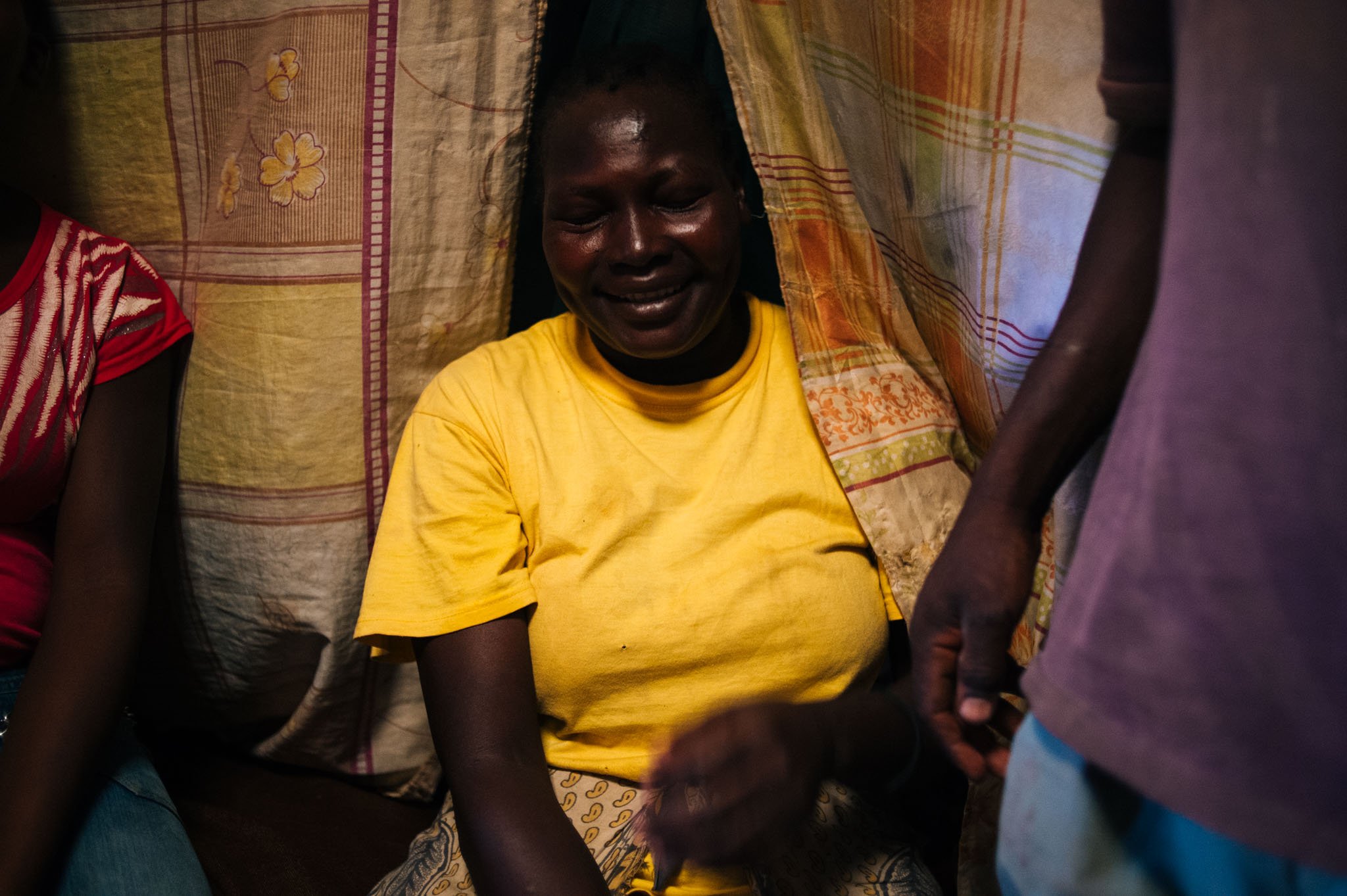
The Hidden World of Changaa
Illegal Brewing in Western Kenya
The Hidden World of Changaa
Illegal Brewing in Western Kenya
The first time I met “Mamma,” she was serving changaa—strong, clear, and locally famous—to a dozen regulars. Her brew, nicknamed "kill me quickly," wasn’t just the strongest in the village. It was the most trusted. In a roadside settlement of fewer than 5,000 people in western Kenya, she was one of more than twenty brewers competing in an economy no one talks about publicly, but everyone participates in.
From the main road connecting Kisumu to the Ugandan border, the village looks like any other—dusty shops, tin roofs, kids walking to school. But step off the paved route, and a whole hidden economy reveals itself. Brewing dens tucked into banana groves, stills bubbling quietly behind mud walls. These places are both known and invisible. Everyone knows where to find them. Few outside ever see them.
Changaa, once banned outright, was legalized and regulated by Kenya’s Alcoholic Drinks Control Act in 2010. The intention was to bring a dangerous black market into the light. But in practice, little has changed. Commercial bottling requirements and tax burdens exclude most traditional brewers. Mamma, like many others, has been arrested repeatedly—eleven times by her count. And yet, her resolve never seemed to waver. Her pride in the potency of her brew remained intact.
I followed this story over four years. Mamma welcomed me back time and again—until she disappeared. Arrested. Released. Then re-arrested. When I saw her last, she was no longer brewing, instead picking corn for a neighbor. Her story wasn’t rare. It was the shape of what happens when a life collides with an unregulated market, poverty, and criminalization.
The stakes remain deadly. Today, deaths from contaminated changaa still occur, often due to methanol-laced batches. The WHO estimates that over 60% of all alcohol consumed in sub-Saharan Africa is unrecorded and often produced informally. In Kenya, changaa remains widely available, especially in rural and peri-urban communities where formal employment is scarce and escapism is affordable.
A glass of changaa still costs less than half a dollar—cheaper than beer, stronger than most spirits, and almost always within reach. Lowering taxes on regulated alcohol, as suggested by industry groups, may help. But in places like Mamma’s village, this isn’t just about price. It’s about proximity, trust, and the grim efficiency of something that works quickly.
This world isn’t hard to find if you know where to look. It’s in the kiosk where you buy phone credit, the back of a tuk-tuk, the shop next to the clinic. The deeper I went, the more obvious it became: this crisis isn’t hidden. It’s just ignored.






























